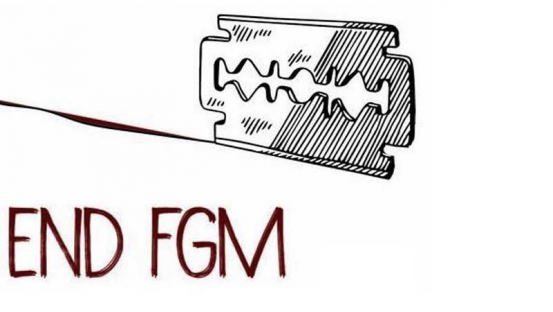×
The Standard e-Paper
Fearless, Trusted News

Despite a government ban, female genital mutilation (FGM) appears to be on the comeback. In the past one week alone, at least 30 cases of this outdated practice have been reported in Elgeyo Marakwet County.
There must be more such cases that have not been discovered. Surprisingly, this is the country where the chairlady of the Anti FGM board, Lina Chebii, hails from.